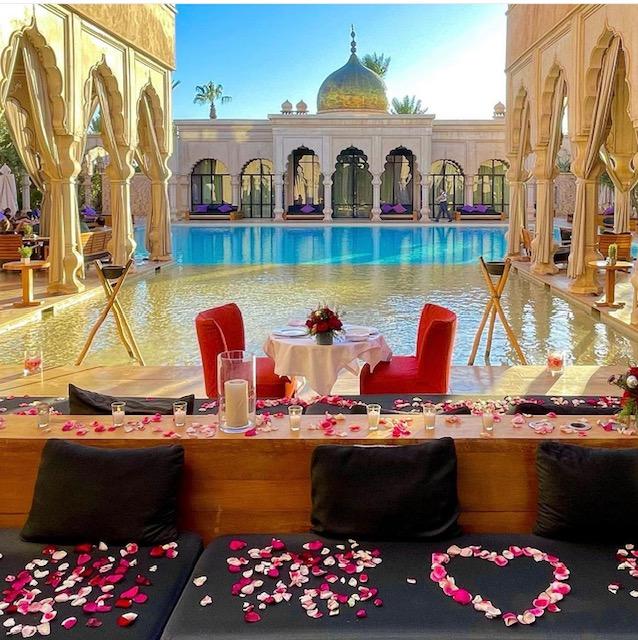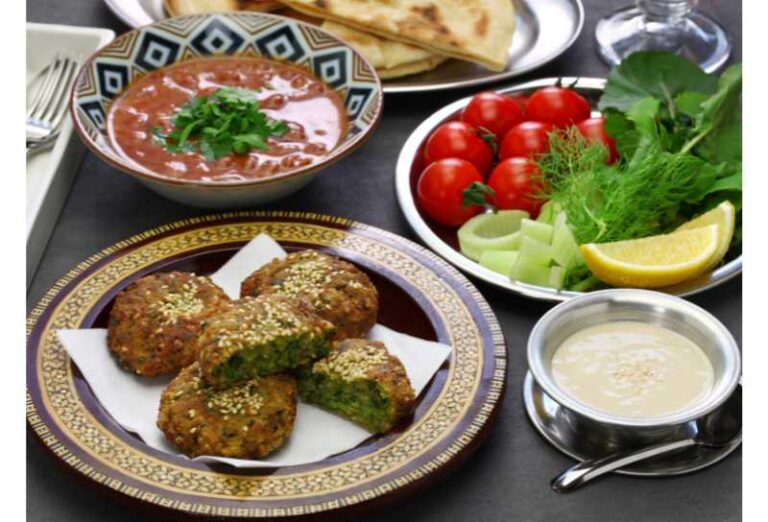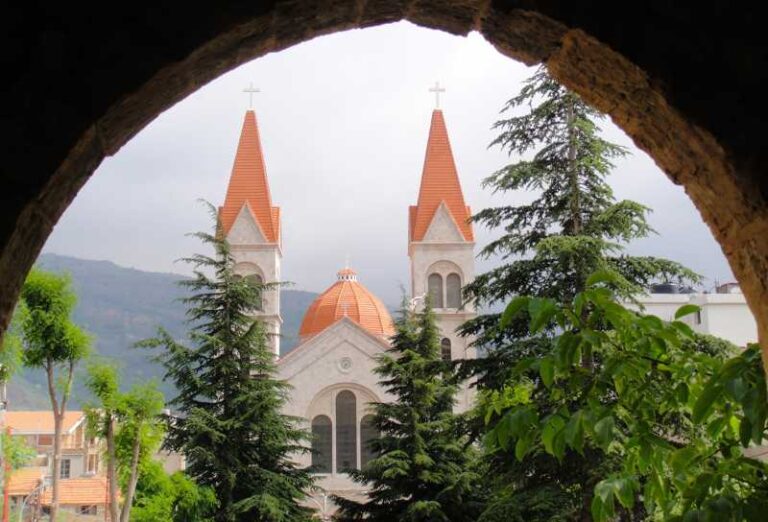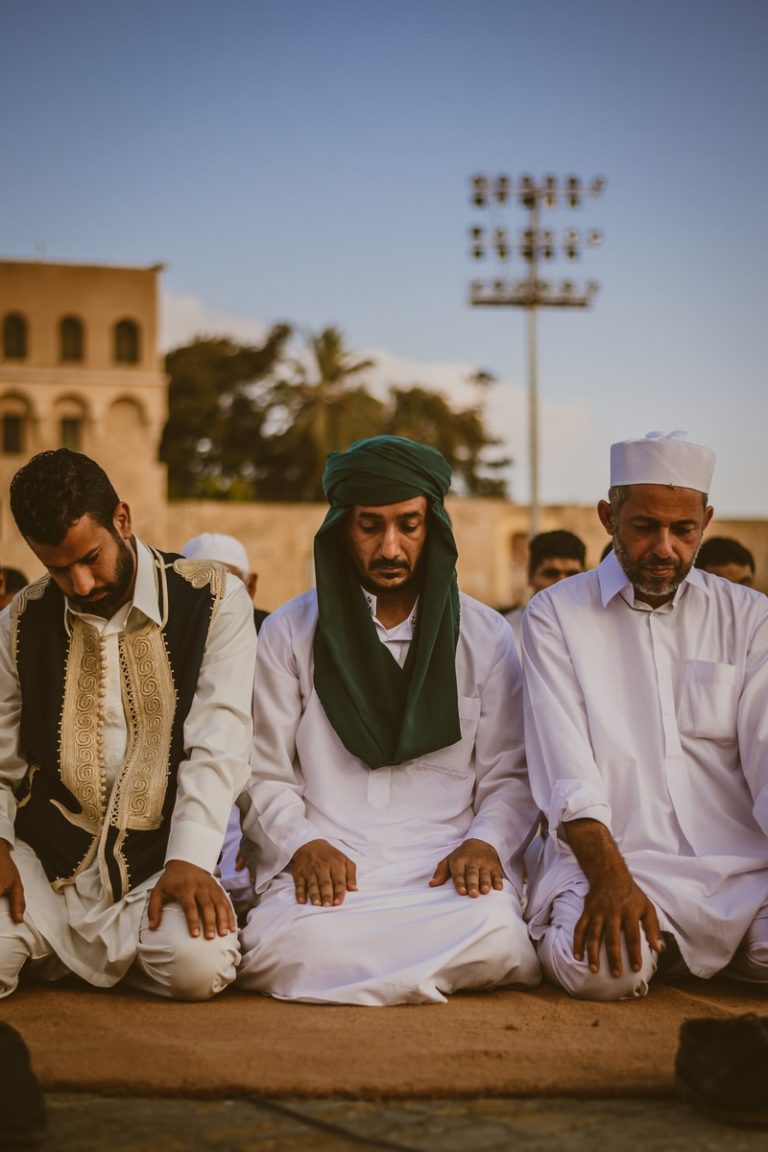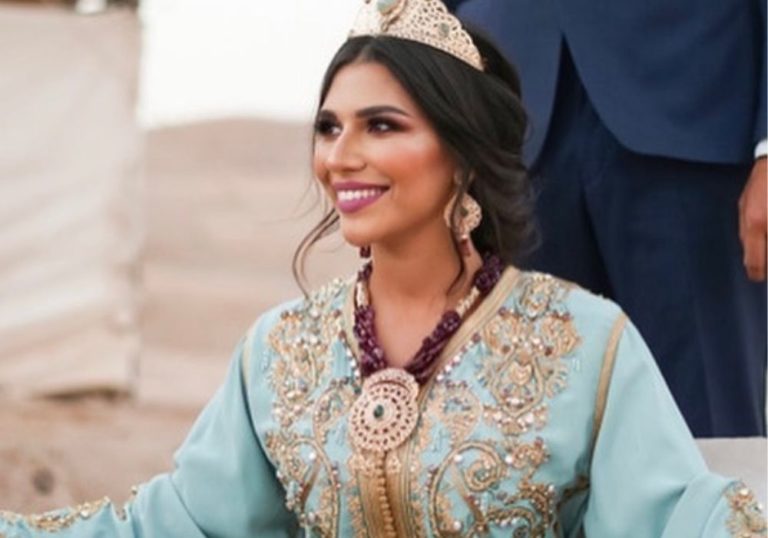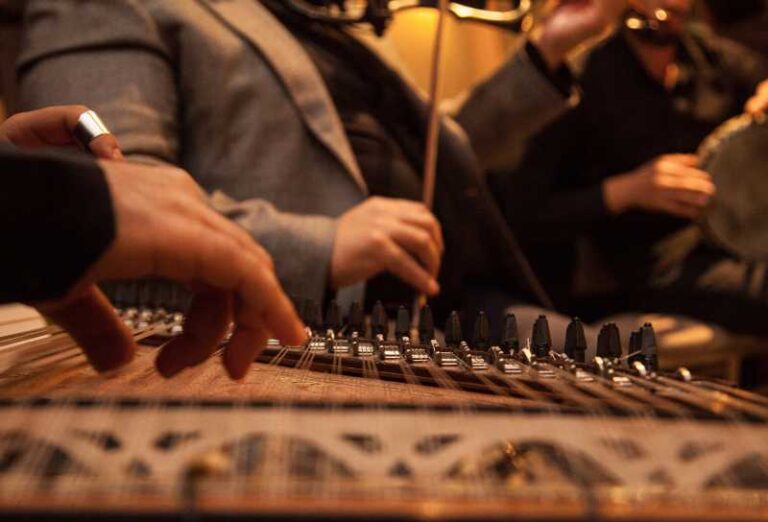Muslim Holidays: Celebrations and Observances

The celebration of Muslim holidays have a great significance for the Muslim community and is observed by people across the world.
These holidays have unique customs and practices that reflect the diverse cultural and religious backgrounds of Muslims.
Visiting family and friends, wearing new clothes, giving charity and gifts are some of the common features found in these celebrations.
What makes Muslim holidays distinct is that they are not tied to the natural solar cycle, but rather follow the lunar calendar. As a result, they shift by approximately eleven days each year compared to the civil calendar.
From Eid al-Fitr to Hajj, In this article, we’ll be taking a closer look at some of the most significant Muslim holidays , exploring the various customs and traditions , cultural significance associated with each one.
Table of Contents
Hijri New Year: The Islamic New Year
This is the first day of Muharram, which is also the first month of the Islamic calendar.
Also, it is known as ‘Hijri” which is the Arabic word for ‘migration’ when the prophet Muhammed and his companions migrated from Mecca to Medina to escape from persecution against their religious beliefs.
Muslims celebrate and observe this day as a peaceful quiet time, unlike the New Year celebrations.
Verses of Quraan will be recited and special extra prayers will be held.
This day is spiritually and emotionally important to Muslims as they remember how the prophet and his companions encountered extreme criticism, discrimination, and even violence for believing in only one God (Allah) and not polytheism (multiple Gods).
Ramadan

Ramadan, an Arabic word, is the ninth month of the Islamic calendar starting and ending with the appearance of the crescent moon.
It is considered to be the holiest month of Islam where angel Gabriel visited the prophet Muhammed and revealed the Quraan, the final scripture from God.
At that moment, God, in the Quran, commanded Muslims to fast.
Fasting is the fourth pillar of Islam and it is an act of worship that Muslims do to get closer to God.
A lot of people think that Islamic fasting is just abstaining from food when this is completely false.
Islamic fasting is about refraining from food, drinks, smoking, and vaping from dawn to sunset.
Muslims start each day with a pre-dawn meal known as suhoor and end with iftar meaning breaking fast.
Apart from fasting, it is very common and highly recommended to perform the Taraweeh which is basically a communal prayer that is done after Isha, the fifth main prayer of Islam.
Since it is a holy month, Muslims tend to try their best to avoid or minimize engaging and committing sins and bad deeds to become better Muslims and increase their connection with God.
The Quran was specifically introduced to the prophet Muhammed during the period of Laylat El Kadr, Night of Power, which is the final ten nights of Ramadan.
Even though, you may find some Muslims feeling burned out in the last couple of days of Ramadan; the Night Of Power is highly essential for big rewards and not worth missing.
Some of the acts of worship that can be done on this night include extra prayers, recitation of the Quran, and sincere supplication.
Muslim community especially scholars make sure that people exit the month with a fresh mindset, and a spiritually cleansed heart and try to maintain their connection with their Lord as possible as they can.
Eid al-Fitr: The Festival of Breaking the Fast

In order to celebrate their accomplishment of going through this challenging process and committing devotion, prayers, self-control and other sacred duties, Muslims commemorate Eid- Al Fitr.
Eid Al Fitr translates to “The Festival Of Breaking Fast.”
A lot of Muslim majority countries would have this festival as a national holiday for three days.
With big smiles, Muslims would greet each other, “Eid Mubarak” as well as perform special morning prayers known as,” Eid prayer.”
Children receives a lot of games, gifts and sometimes even money, and everybody would reunite with their families.
Some occasional Eid bakeries are made depending on each Muslim country.
For example, Egypt would make Kahk which is basically a small circular biscuit.
Eid al-Adha: The Festival of Sacrifice
The second main holiday that takes place at the end of Hajj, the annual pilgrimage made by millions of Muslims to the holy city of Mecca.
The word ‘Eid Al Adha” is derived from the Arabic word for festival of sacrifice.
According to the Quran, the story behind the word sacrifice is when prophet Ibrahim dreamt that God commanded him to sacrifice his son, Ismail.
In case you had no clue, but prophet’s dreams are seen as messages from God in Islam.
Obedient and dutiful, Ibrahim arranged the sacrifice, and his son encouraged him to fulfill it without hesitation.
While arranging for the sacrifice, the devil put an attempt of preventing Ibrahim from completing his task.
However, with self discipline, he managed to cope with the devil and continue his work.
Pleased with his devotion and faith, God replaced Ismail with a lamb from heaven to be sacrificed instead.
This holiday honors both Ismail and Ibrahim’s obedience.
Muslims would celebrate this holiday by sacrificing an animal either by themselves or by going to a butcher who would sacrifice it in halal way, Islamic permissible way.
Afterwards, they would distribute it to their own families, neighbors, friends and most importantly the poor.
This does not just give support for the poor but it also creates a sense of community.
Eid El Mouwlid
Eid El Mouwlid or the Prophet’s birthday falls on the twelfth day of the month of Rabai’ Al Awwal when all muslims worldwide celebrate the birth of prophet Muhammed.
It is an official holiday in a lot of Islamic countries.
To commemorate this day, Muslims would listen to lectures and learn about prophet’s lifestyle and characteristics that every Muslim aspire to have, reading the Quran and praying more.
Other Muslims disagree with the idea of celebrating the day as it shifts the focus on the real divine source of revelation to the prophet as a human being.
That is why some countries like Qatar or Saudi Arabia does not observe that day as an official public holiday.

